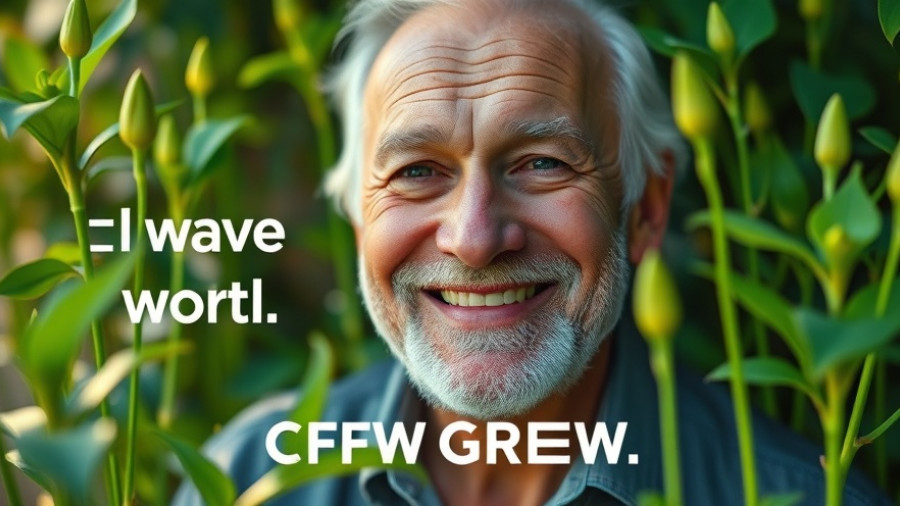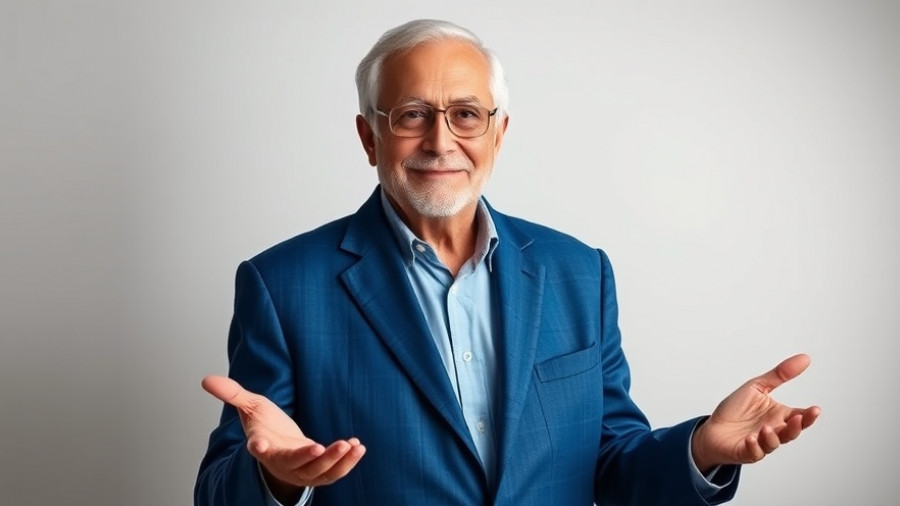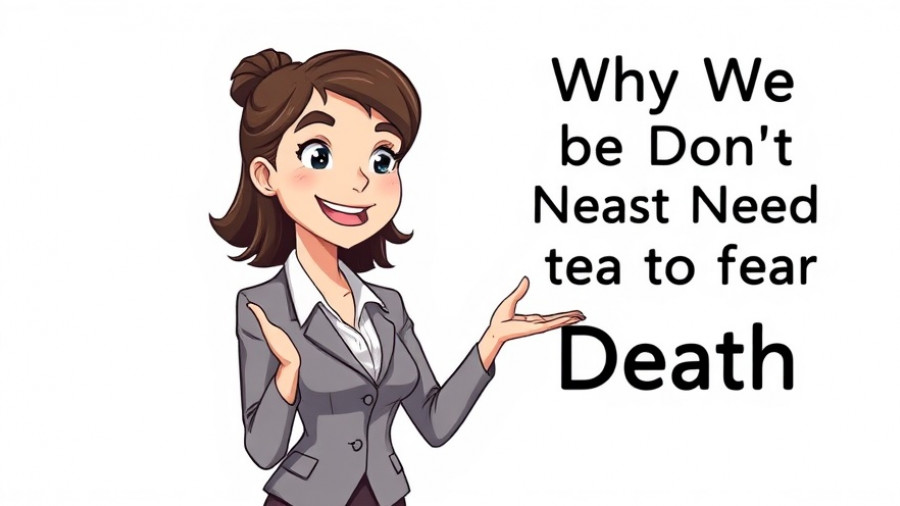
Transforming Grief: A Journey Beyond Loss
Understanding grief is more than just navigating moments of sadness; it's about embracing personal growth after loss. In a powerful conversation, Betsy Thiebaud Stevenson, a mother who faced unimaginable loss, shared her journey through grief and healing after losing her son, Charlie, to suicide. Betsy’s insights reveal a unique perspective that transforms grief into an opportunity for personal development.
In 'Losing a Son to Suicide: Betsy Thiebaud Stephenson’s Raw & Honest Grief Journey', we delve into heartfelt insights on transforming grief into personal growth and healing.
Grief as a Lifelong Companion
Betsy emphasizes that grief isn't a chapter we close, but rather a lifelong companion. She encourages embracing the painful journey—not with the aim to "get over" but to coexist with the pain. This mindset can lead to profound spiritual transformation as individuals allow their grief to shape them.
The Healing Power of Honest Reflections
Writing her memoir, Blackbird: A Mother’s Reflection on Loss, Grief, and Life After Suicide, Betsy chose to "write through her grief" rather than wait until she felt ready. This authenticity opens the door for others experiencing similar pain to reflect and heal. Betsy found that writing brought clarity and connection, allowing her feelings of isolation to dissolve.
Learning from Grief: A Community Effort
One of the most heartwarming aspects of Betsy’s story is her encouragement to cultivate open conversations around grief. By sharing her experiences, she gives others permission to explore their feelings, fostering a supportive community. The resonance of grief education offers a safe space for those navigating similar experiences.
Finding Purpose After Loss
Ultimately, Betsy inspires us to find our own path through grief. Her active engagement with her son’s memory demonstrates that personal belongings are not the only acts of love we carry forward; the emotional legacy continues through our actions and conversations. By doing so, she illustrates how to find purpose in the aftermath of tragedy, turning sorrow into strength and clarity.
In her own words, Betsy shares, "I realized I could bring him up in casual conversation." This acknowledgment signifies a critical step in the healing process. We must remember, it's not about suppressing our grief but rather integrating it into our lives with authenticity.
If you have ever lost someone and found yourself overwhelmed by grief, consider spending time reflecting on your experiences. Whether it is through writing or community engagement, these practices can help initiate healing from grief and open pathways to personal growth.



Write A Comment